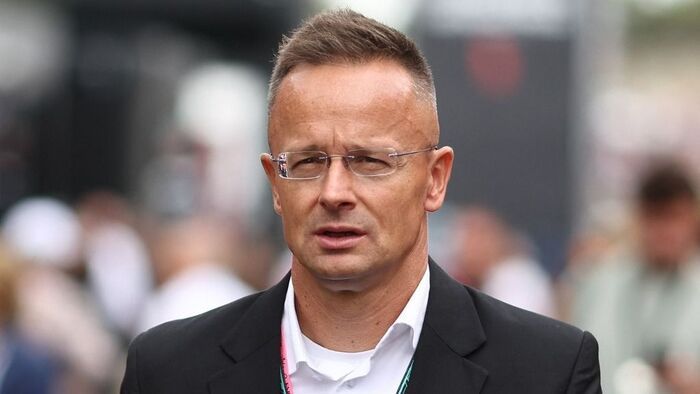An interview with a pro-drug lobbyist was published by Kontroll, the media platform of Peter Magyar’s brother, Marton Magyar, according to the Drug Research Institute (DKI). The interview featured Peter Sarosi, the head of the pro-drug legalization portal called Drogriporter, and Robert Csak, the current head of the Budapest Drug Coordination Forum. The latter body is supposed to implement the capital's drug strategy, but the municipality has not appointed a dedicated expert for this role, leaving the coordination to political appointees.
Supporters of liberalization blame the government
The main narrative of the interview was clear: Budapest’s drug strategy is excellent, but the government is withholding funding, thus preventing real progress. This approach echoes an old leftist tactic—if something doesn’t work, it’s always someone else’s fault, never their own decisions or strategy.
However, the interview contained an even more revealing and dangerous statement. The leftist approach to drug policy is based on the principle of so-called "harm reduction," which does not aim to eliminate drug use but rather to regulate and make it "safer." This philosophy is in direct opposition to the national drug strategy, which focuses on prevention, education, and the complete eradication of drug use.
The Left found a loophole
Since initiatives disguised as prevention programs are not allowed in schools, the interview revealed that
they have found a loophole: they want to introduce elements of liberal drug policy into public education institutions through the training of kindergarten and school social workers.
This is a particularly worrying development because these professionals lack adequate addictology or prevention training, yet they would receive methodological guidance on drug-related education. The conversation also revealed that meetings and training sessions have already been organized for these social workers, where they were given “practical tips.” The question, however, is whether these tips truly serve prevention or are instead tools for promoting drug liberalization ideas.























Szóljon hozzá!
Jelenleg csak a hozzászólások egy kis részét látja. Hozzászóláshoz és a további kommentek megtekintéséhez lépjen be, vagy regisztráljon!